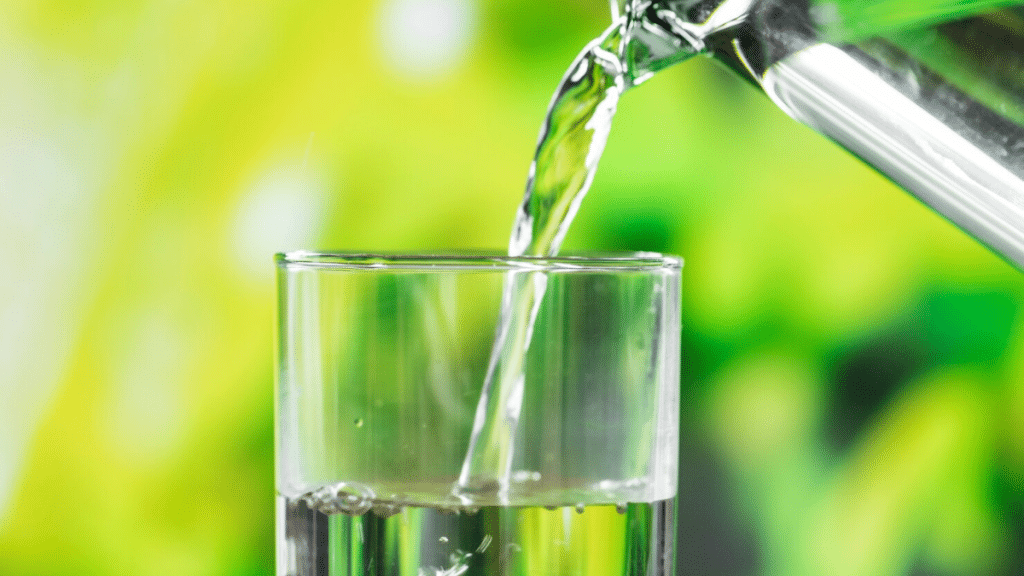Clean and safe water is a basic need sometimes overlooked until problems occur. Water is essential for everyday activities like staying hydrated, cooking food, and cleaning dishes. However, tap water quality is not uniform, and many households encounter challenges such as hardness, impurities, and unpleasant tastes or odors. Fortunately, there are solutions available. Water softeners cater to these issues, enhancing water quality significantly. Making an informed choice about such systems can lead to healthier living conditions and protection for home plumbing and appliances.
The variety of systems available for water treatment might appear overwhelming at first. However, this choice may be clarified by comprehending your home’s particular demands and the problems with your local water supply. Factors such as water hardness, contaminants, and household members’ needs are crucial in selecting the appropriate system. As the industry evolves, options continue to grow, providing homeowners with the tools to ensure consistent access to high-quality water.
Introduction to Clean Water Solutions
In an era where health and sustainability are at the forefront, ensuring water cleanliness in homes is more critical than ever. Contaminants, whether they originate from natural sources or human activity, pose risks to health and the environment. Implementing clean water solutions is not merely a convenience; it’s a vital step in safeguarding our health. As awareness about water quality grows, more individuals are taking proactive measures by using innovative solutions to purify and improve the water delivered to their homes. For residents seeking enhanced water quality, water softeners in Farmington Hills Michigan, have become a popular and effective option—offering cleaner, softer water that benefits both household systems and personal well-being. These systems help reduce scale buildup in pipes and appliances, extending their lifespan and improving efficiency. Additionally, softened water provides a more pleasant experience for everyday tasks like bathing, cooking, and cleaning, making it a wise investment for any household.
Understanding Water Softeners and Conditioners
Water softeners and conditioners sound similar, but they serve different purposes. According to the EPA Water Science School, water softeners address the hardness problem by removing minerals such as calcium and magnesium, which can cause scale buildup in plumbing and reduce appliance efficiency. This exchange of minerals improves touch and feel and protects plumbing systems.
Conversely, water conditioners do not remove minerals. Instead, they condition the water, often using electromagnetic or catalytic systems. This method works without adding salts, making it an attractive choice for households considering minimizing sodium intake. Knowing the difference between these systems can guide homeowners in choosing one that aligns with their particular concerns and requirements.
Benefits of Using Water Treatment Systems
Integrating a water treatment system within the home can provide numerous benefits. Soft water is kinder to the skin and hair, often making them smoother and cleaner. Home appliances like dishwashers and washing machines function more efficiently with treated water, reducing energy consumption and prolonging their lifespan. Studies emphasize that households using water softeners generally experience lower maintenance costs. The monetary savings on energy bills and appliance repairs quickly justify the upfront investment.
Choosing the Right Solution for Your Home
Selecting the right water treatment system requires careful consideration. Your decision should be based on local water quality reports and personal preferences. Start by testing your water to understand the hardness levels and any potential impurities. Local water reports can provide the baseline information needed to assess the situation accurately. Once you’ve identified your needs, consider the required scale and type of treatment. It’s helpful to outline the household’s unique considerations, such as health concerns or environmental priorities, to guide the selection process.
Eco-Friendly Water Treatment Options
The shift toward sustainability is evident in the water treatment industry. The focus on eco-friendly solutions is gaining attention as more consumers seek to reduce their footprint. According to the World Health Organization’s Water, Sanitation, and Health Department, many systems are designed to minimize water wastage and maintain environmental integrity. These systems often feature innovative designs that circumvent traditional salt-adding methods, promoting efficient water use and ecological sustainability.
Common Concerns and Misconceptions
Despite the clear benefits, water treatment systems are sometimes met with suspicion. Common concerns revolve around the idea that treated water, especially when using softeners, might pose health risks due to increased sodium levels. However, these concerns are being addressed with advancements in alternative technologies, such as potassium-based systems. It’s essential to consult professionals and rely on contemporary data to debunk these myths, ensuring the decision to install such systems is well-informed and justified.
The Future of Home Water Treatment
The water treatment sector continually evolves, driven by technological advancements and consumer demand for improved solutions. The future of home water treatment will likely see a shift towards more personalized and efficient systems. With innovative technology and real-time monitoring, homeowners will have unprecedented control over their water quality, ensuring optimal conditions at the touch of a button. These innovations promise better performance and widespread accessibility, paving the way for universal adaptation.
Final Thoughts and Considerations
Choosing an appropriate water treatment system is crucial for ensuring water quality, safeguarding health, and protecting home investments. By evaluating the specific needs and aligning them with available technologies, households can harness the full spectrum of benefits these systems offer. Proactively improving water quality can significantly enhance living standards and provide peace of mind. As technology improves and awareness grows, consumers will be more capable of making choices that benefit their health and the environment.
